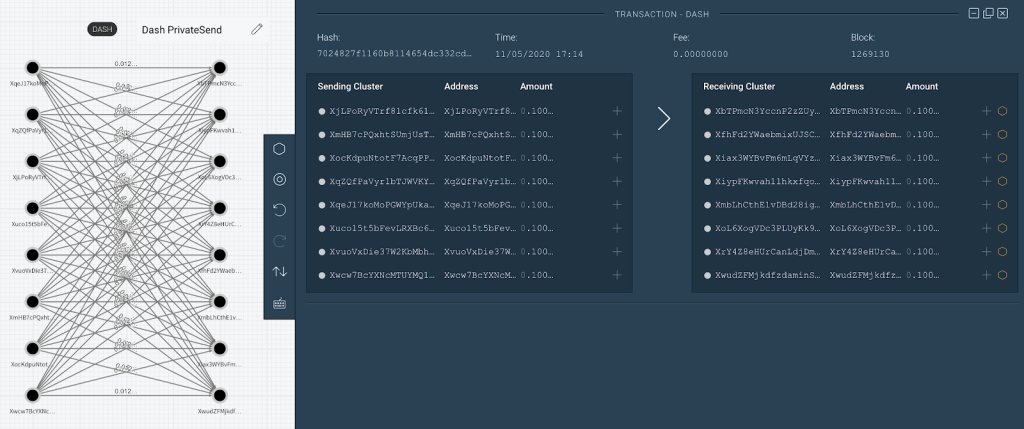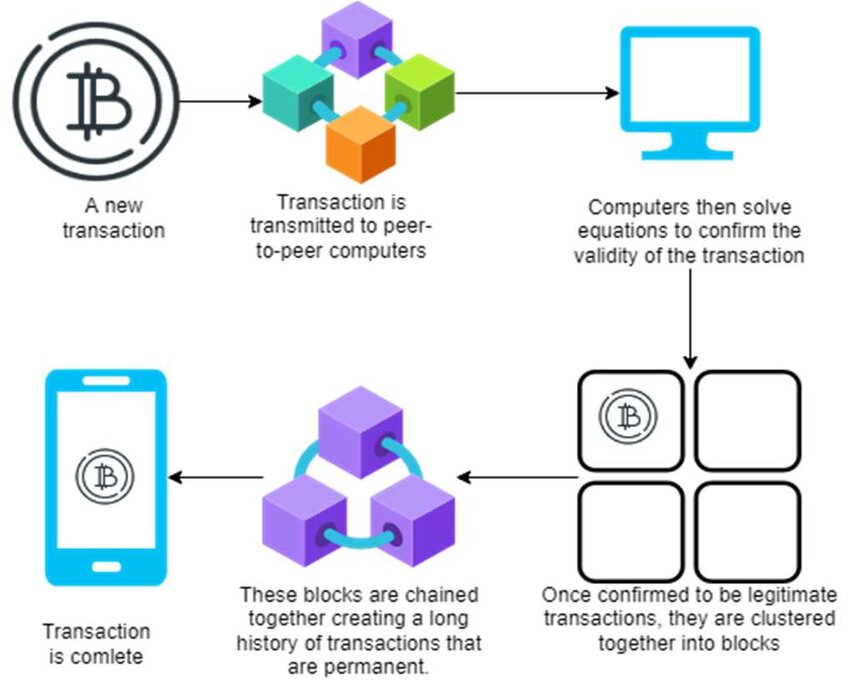In the world of crypto casinos, anonymity is a major selling point. No KYC, no documents, no intrusive questions — just connect your wallet and start playing. But is it really anonymous? The uncomfortable truth: blockchain analytics firms can still track your transactions, even if you never reveal your identity.
This article dives into how blockchain analytics works, how your activities may be linked across platforms, and how to increase your privacy if you want to stay off the radar.
What is Blockchain Analytics?
Blockchain analytics refers to the process of tracking, mapping, and analyzing blockchain transactions to identify patterns, behaviors, and sometimes real-world identities.
These analytics are used by:
- Law enforcement (to track illegal activity)
- Governments (for sanctions enforcement)
- Exchanges (for AML/KYC compliance)
- Private companies (for risk scoring and identity matching)
Firms like Chainalysis, Elliptic, and CipherTrace provide dashboards that visualize wallet flows, flag suspicious addresses, and estimate risk scores for specific transactions — even on anonymous networks.
How Transactions Get Linked (Even Without KYC)
Even if you don’t upload a passport or enter a name, blockchain analytics can link your behavior through:
1. Wallet Clustering
When you use multiple wallets together (for example, depositing from Wallet A, withdrawing to Wallet B), analytics can cluster them as likely controlled by the same user.
2. Address Reuse
If you use the same address on multiple platforms, it becomes easier to create a behavioral fingerprint. Many players forget that casino platforms reuse or auto-generate deposit addresses linked to previous interactions.
3. Off-Ramp Linking
Did you ever withdraw funds from a crypto casino to an exchange like Binance, Coinbase, or Kraken?
Once the funds hit a KYC-compliant exchange, your identity is exposed and all previous linked addresses can be traced back to you.
4. Transaction Timing & Patterns
Repeated bets, similar deposit amounts, time of day — these behavioral clues can be correlated across known entities.
Blockchain Analysis in Action: Example Use Cases
Let’s say a user deposits 0.5 ETH to a no-KYC casino, then withdraws 0.46 ETH after some gameplay. Later, they send the funds to a Binance wallet.
- A firm like Chainalysis sees that the 0.5 ETH deposit came from Wallet X.
- They see the flow through the casino smart contract or wallet.
- Then, the 0.46 ETH lands on a Binance deposit address, which is linked to John Smith via KYC.
Even though the casino didn’t require KYC, the transaction trail is visible and unbroken.

Risk Scores & Blacklisting
Blockchain analytics firms assign risk levels to wallets based on behavior:
- Gambling platforms may be marked as high risk.
- Mixing services are marked as very high risk.
- Interaction with darknet markets triggers alerts.
Some casinos, especially hybrid KYC/no-KYC ones, auto-flag players whose funds originate from suspicious sources — even if they didn’t break any rules.
Privacy Coins? Not Always a Solution
Monero (XMR), Zcash, and other privacy coins do add serious obfuscation — but they’re often not supported by most crypto casinos due to compliance pressure.
And even when supported:
- Off-ramping privacy coins to fiat usually requires a bridge through traceable coins.
- Some privacy features (like Zcash’s shielded transactions) aren’t always enabled by default.
How to Increase Your Privacy as a Crypto Gambler
Here are some legitimate and strategic ways to protect your anonymity:
1. Use New Wallets
Use fresh wallets for each session or casino. Avoid address reuse.
2. Avoid Centralized Exchanges
Do not off-ramp your funds to KYC exchanges. Use peer-to-peer platforms or decentralized swaps.
3. Use a VPN or TOR
Hide your IP from casino servers and prevent geo-linking.
4. Mix Your Funds
Use mixing services or decentralized privacy protocols. But beware: these are under scrutiny in many countries.
5. Use Privacy-Oriented Casinos
Choose platforms that do not log IPs, browser fingerprints, or session IDs.
Can Blockchain Analytics Be Defeated?
Not entirely — blockchains are public by design. But you can make tracking costly, imprecise, and difficult.
Think of it like leaving fingerprints: you can never be 100% clean, but with gloves and care, the trail becomes harder to follow.
Why This Matters
Crypto gambling is becoming more popular, but so is regulatory pressure. Casinos may start using analytics tools themselves to:
- Avoid serving sanctioned users
- Comply with local AML laws
- Build user profiles for marketing or compliance
So, even if you’re not doing anything illegal, you should know how visible you really are.
Final Thoughts
Just because a crypto casino says “No KYC required”, that doesn’t mean your financial activity is private.
Blockchain analytics is watching, and your deposit, gameplay, and withdrawal can all leave a traceable trail.
If anonymity is important to you, take proactive steps:
- Use privacy tools
- Avoid centralized entities
- Choose casinos that value user privacy not just in words, but in code
In the blockchain world, anonymity is not guaranteed — it’s earned.

